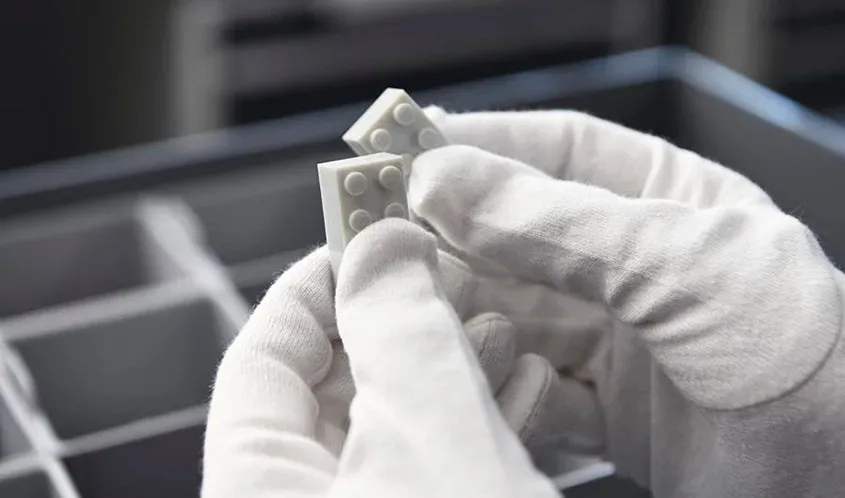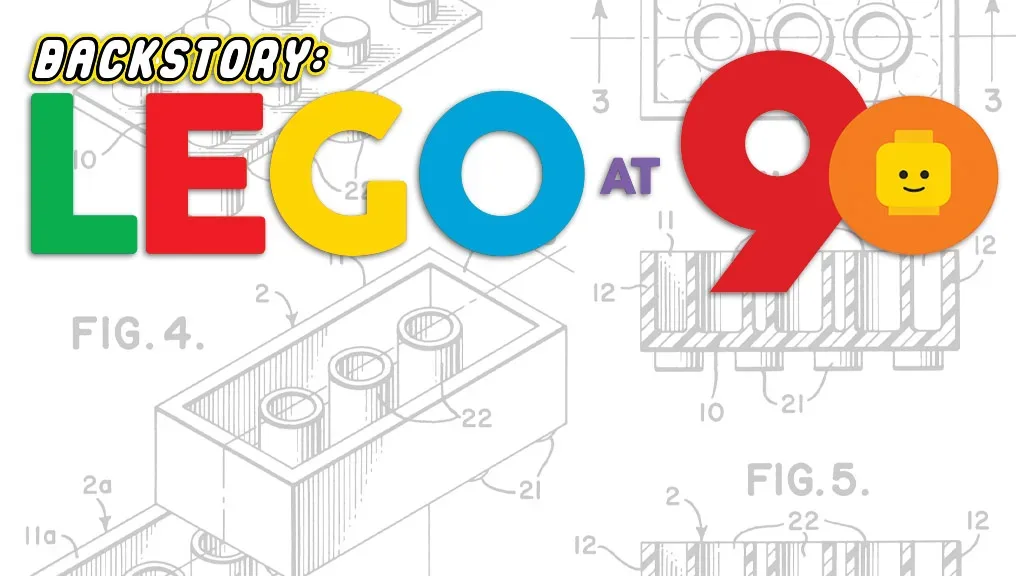One of the toy industry’s greatest pioneers in sustainability just hit a snag in developing eco-friendly options for its signature product.
As first reported by the Financial Times, The LEGO Group discovered that its plans to use recycled polyethylene terephthalate (RPET) to produce bricks would lead to higher carbon emissions over the product’s lifetime due to the new equipment required to manufacture them. The news follows the unveiling of the first recycled brick prototype in 2021. At the time, the breakthrough was met with great fanfare.
The brick made from recycled water bottles was revealed following the testing of more than 250 different materials. In 2018, LEGO began producing certain pieces using bio-polyethylene (bio-PE) — made from sustainably sourced sugarcane — but they can only be used for soft pieces like trees and accessories for minifigures.
With RPET out of the running, LEGO will continue seeking new options to reduce the use of petroleum in its products.
Despite the setback, LEGO continues to make strides in sustainability, including plans to have net-zero carbon emissions by 2050. This follows the groundbreaking of its $1 billion carbon-neutral factory that is currently under construction in Virginia.


